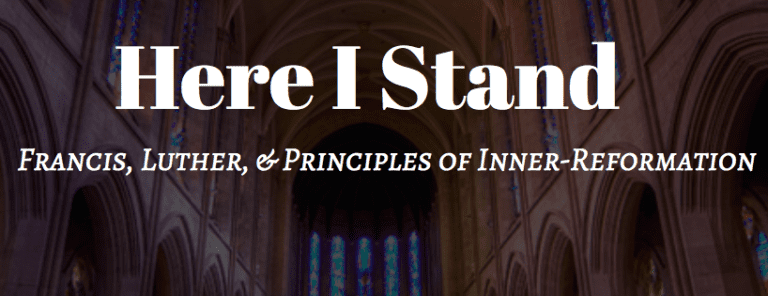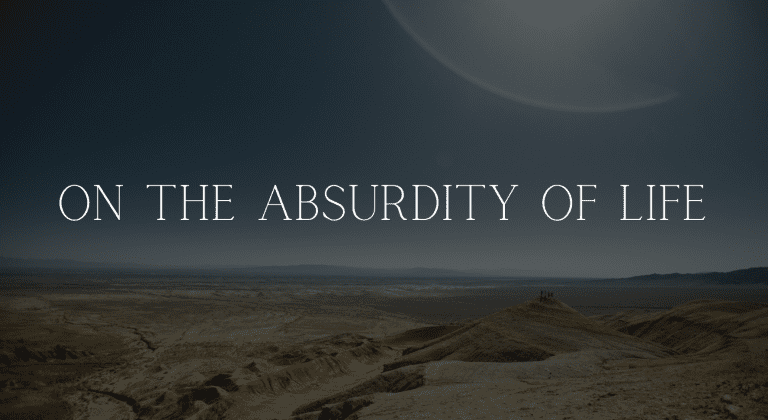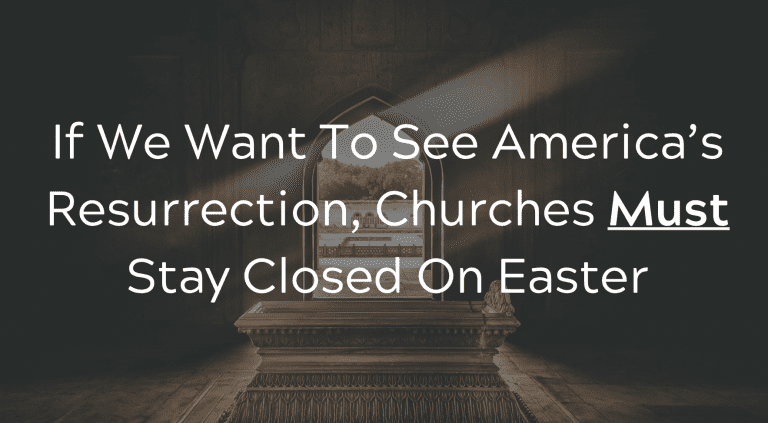This is the second installment of a series of blog posts outlining principles of inner-reformation taken from the life of St. Francis and Martin Luther. This series was prepared as a series of talks for the Order of Lutheran Franciscans 2017 Retreat.
Inner Reformation Principle 1: Awareness to Spirit’s Promptings
The first of these principles is the inner awareness or awareness to hear and respond to the voice of the Spirit of God.
God is always speaking. The Scriptures proclaim that Christ is living and active, always speaking with penetrating insights into our present circumstances. Yet so much of modern Christianity has adopted a belief that the Spirit is silent and that we should not expect to hear the voice of God beyond what was revealed in ancient Scriptures or proclaimed by the Great Tradition. What we will see is that for both Francis and Luther, it was disillusionment with this image of stagnant God that they were first forced to wrestle with and reject that prompted their inner and outer work for reformation.
If the Spirit of God is silent and has spoken all that she needs to say, then we have nothing to do. Our only work is to seek to conform to the knowledge that we have already been taught by the Church. Thinking is not necessary, only unquestioning obedience to the authorities that have supposedly been instituted by God. Wouldn’t this make the leaders of our religious institutions gleeful?
The problem is that the life of Jesus flies directly in the face of such a teaching. Jesus spent his entire ministry disrupting the traditions of humans, questioning the authority and interpretation of Scripture that was being promoted by the religious elite, and speaking new, fresh words generated by the Spirit. Not only did Jesus himself do this, but also he taught that his disciples for generations to come should expect to do the same and greater things than he did.
Jesus taught that his life and teachings were only the tip of the iceberg of reformation and renewal. He proclaimed that he had many more things to teach the world, more than his disciples could now bear. It is at that point that he promises the outpouring of the Holy Spirit whose job would be to continue to lead us into all truth.
In other words, the Spirit of God, which Jesus said is as wild and unpredictable as the wind was going to be sent to dwell in the hearts of humanity with the express mission of leading us to greater truth and towards a more complete manifestation of the Kingdom of God in our lives and on earth as it is in heaven.
But in order to hear the voice of the Spirit, we must first be aware, awake, and expecting the Spirit to speak. Clearly, both Francis and Luther in their desperation and disillusionment with Christianity found themselves longing for a sign, a word, a symbol from God to lead them on the true path to awakening and salvation. For both men, the Spirit spoke to them in unexpected times and through unexpected means, and called them to challenge and change the way faith was being expressed, first within their own personal lives and then in the rest of the world.
Both men embodied openness to the Spirit and a willingness to respond to whatever she may have to say, no matter how radical or controversial it may be. They didn’t fear finding themselves exiled as “heretics” or cut off from the structures of privilege and power, because they sought something deeper than religious or social accolades- they sought union with Christ and the experience of his Kingdom in their lives and on earth as in heaven.
This openness and attentiveness to hear what the Spirit might be speaking is the fundamental posture of reformation. If we are to experience an inner revolution of Spirit that has power to bring about the liberation and salvation that Jesus embodied, we must first discipline ourselves to be aware and alert for the Spirit of God to speak, and be ready to obey regardless of the personal cost.












